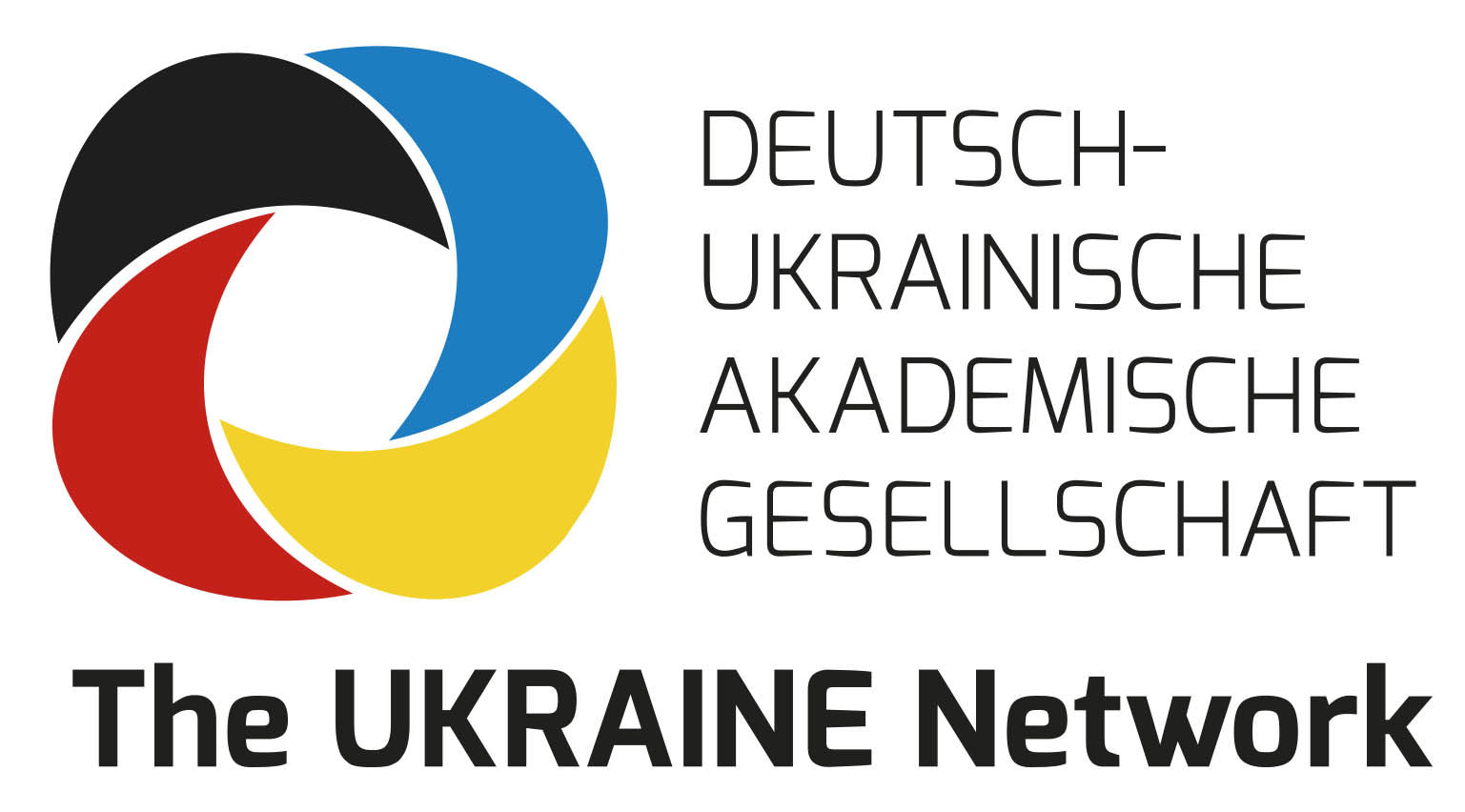Project Title: Capacity building and modernization of higher education in KhNAHU
Submitted by: Kateryna Danylenko, Head of International Affairs Department, Kharkiv Automobile and Highway Institute (KhNAHU)
City: Kharkiv
This project was implemented within the Training Course “Management of Internationalisation and German-Ukrainian Academic Cooperation 2020-2021”, led by the Leibniz University Hannover (LUH), funded by the DAAD (Germany), 2020-2021
Project Goal(s) and SMART Objective(s): Develop aspects of various communication at the University for further interaction in the international arena.
To enhance availability and encouragement of second foreign language learning for all students – departments, teaching foreign languages Online German language course for engineers. It should help for mutual short-term visits between universities and make possible to plan joint activity in educational and research areas and to share experience and achievements in the fields of mutual interest. It will help to come to terms with the globalization process. More modern, dynamic, committed and professional environment at University.
Deliverables:
- Management of international collaboration: conclusion of new contracts and negotiations, German courses, social networks, official web site;
- We have created a group of internationalization (responsible employees) at the university from the departments for international communication;
- New platform for web site and has already been translated into English: University website;
- This year we managed to create two departments: the international affairs department and the department of international education. The corresponding documentation is already being developed. The departments will have to match our European colleagues;
- Also, the work on projects and the presentation of new opportunities was carried out throughout the year;
- The official presentation of German language certificates at the A2-B1 level took place in December 2020 at KhNAHU;
- Social media: redesigned the presence of the international department
Challenges and Support
What were the main challenges of your project and how did you manage to overcome them?
- The fact that everything around was in a pandemic situation and the project itself was changing. Therefore, we had to find good ideas for this time, so that in the future we could use the results. For example, create a short online course for students in order to organize academic mobility in the future. We switched to an online format and involved non-university stakeholders.
- Insufficient involvement of employees in the project due to going online and for other reasons. There was lack of motivation of university staff to participate in project.
What resources helped you?
- Internet resources, foreign partners, KhNAHU’s team
What are your lessons learnt and recommendations you would like to share?
The lesson learned is that a project is a short, well-defined blueprint with all participants and roles. It is worth sticking to it and not changing it.
Impact: Please describe how your project contributed to/ advanced the specific aspect of the internationalization at your university:
Quite recently, our university did not even talk about international activity as the main direction for the university. Now many departments are trying to find foreign contacts for interaction in scientific and teaching terms. This is important both for the university as a whole and for the staff.
Outlook and Sustainability: What happens to the project after the end of the course (are there any follow-up projects? What are you going to do to ensure the sustainability of the project results?)
The project has a continuation:
- First, this is the development of everything that has been done and the continuation of E-learning: German for engineering specialties;
- Discover new projects and create new ones with the acquired knowledge to modernize education;
- We are still planning Erasmus + programs, for us this is a suitable direction.
